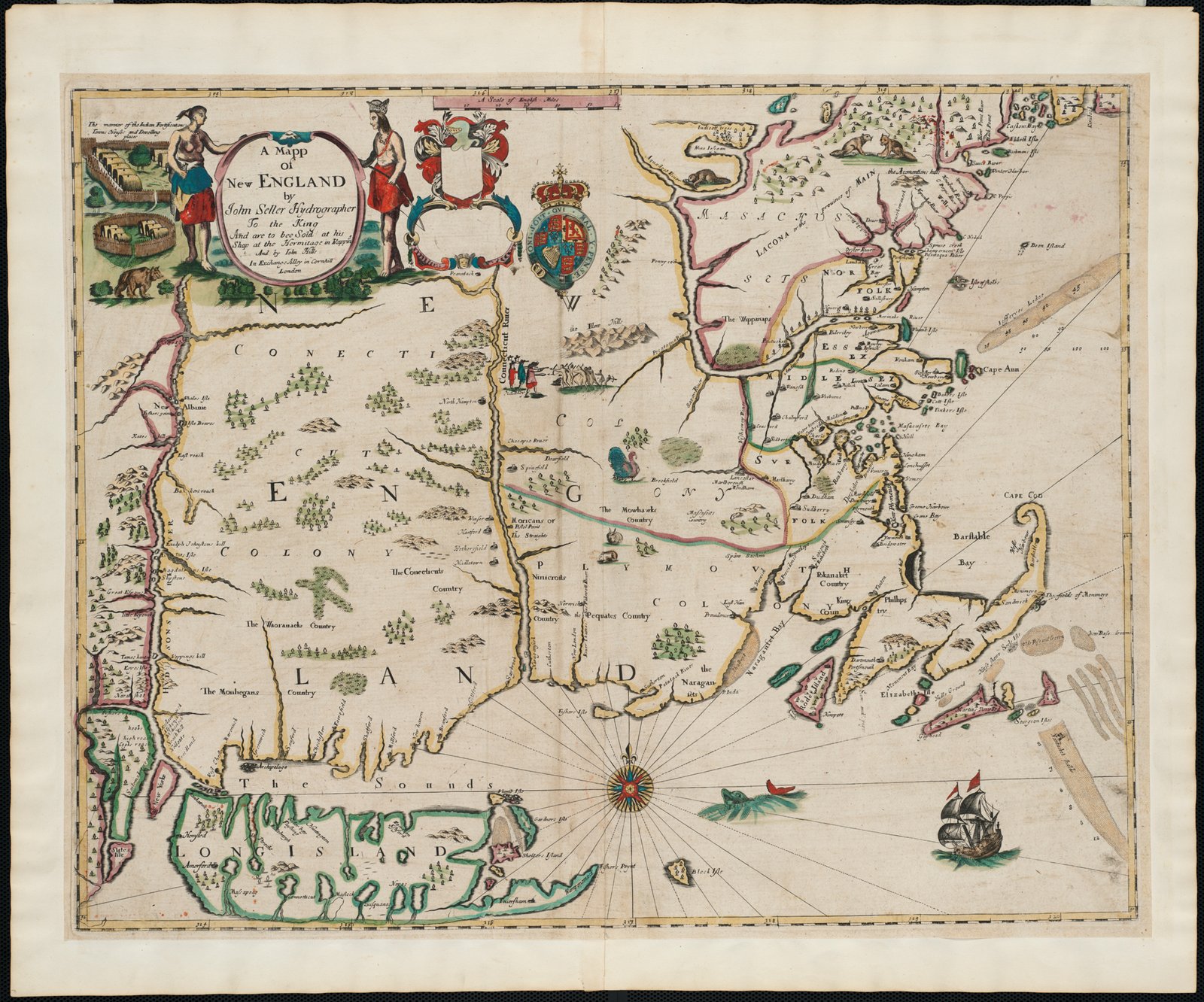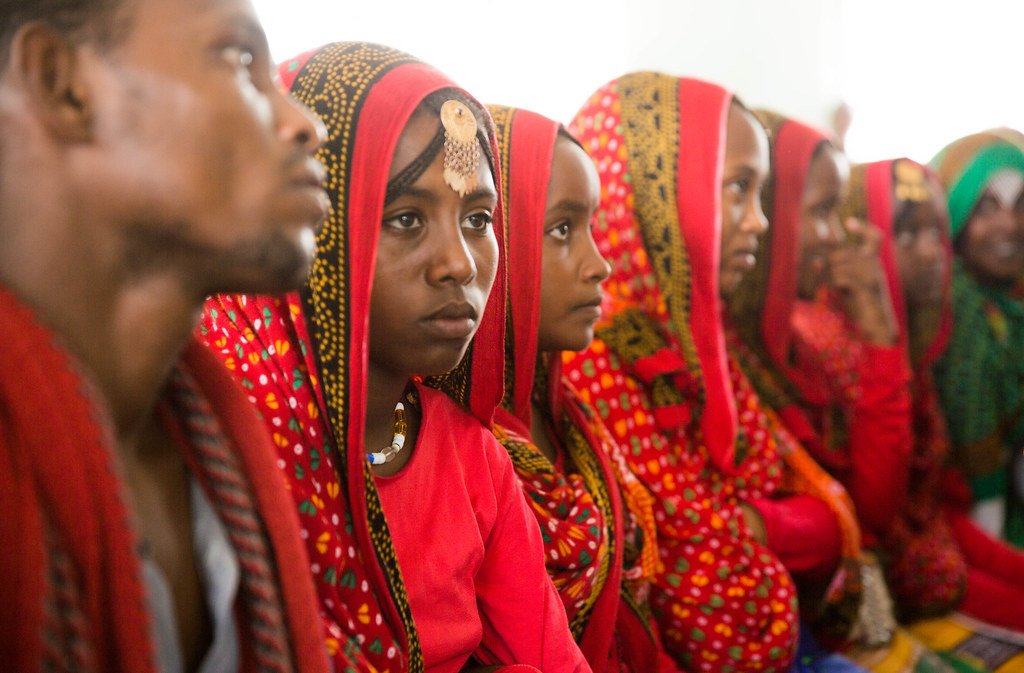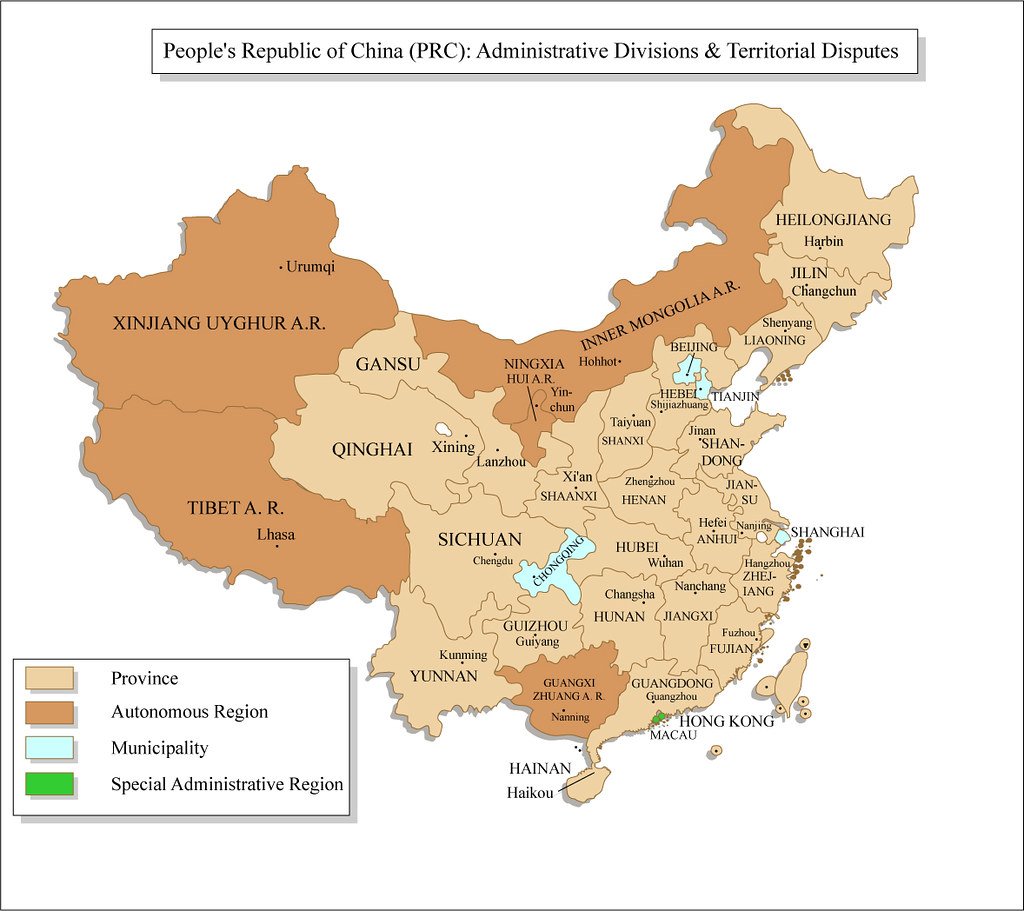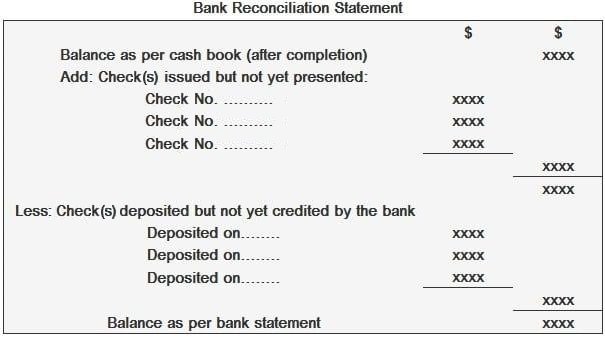Title: Revisiting the Ethiopian-Eritrean Border War: Lessons Learned and the Path to Lasting Peace
Introduction:
In the annals of history, conflicts have often marred the progress of nations, leaving behind a trail of devastation and heartache. Among the many conflicts that have impacted the African continent, the Ethiopian-Eritrean Border War has a particularly tragic tale to tell. Now, years after the guns have fallen silent, it is crucial to revisit this deadly conflict, reflect on the lessons learned, and explore the possibilities of forging a path towards a lasting peace.
The border dispute between Ethiopia and Eritrea ignited in 1998, intensifying into a full-scale war that lasted for two long years. With an estimated loss of over 70,000 lives and countless displaced individuals, the conflict cast a dark shadow over the Horn of Africa region. The reasons behind this deadly bout remain complex, entrenched in colonial legacies, geopolitical rivalries, and unresolved territorial claims.
The Ethiopian-Eritrean Border War had far-reaching consequences, affecting both nations at their core. Economies stagnated, development efforts halted, and social fabric was torn apart. The emotional and psychological scars inflicted by this brutal conflict remain, impeding any chances for rapid reconciliation or comprehensive healing. It is in this context that the importance of contemplating the lessons learned from this conflict emerges.
In retrospect, one of the primary lessons that emerged from the Ethiopian-Eritrean Border War is the futility of armed conflict as a means to resolve disputes. The immense human and material cost of war serves as a sobering reminder that violence only begets more violence. The continent must collectively reaffirm its commitment to non-violent and diplomatic means of conflict resolution, as belligerence can only sow seeds of perpetual animosity.
Moreover, the Ethiopian-Eritrean Border War revealed the urgent need for open and transparent communication channels between nations. Diplomatic breakdowns and a lack of dialogue exacerbated the tension, allowing grievances to fester until both sides were pushed towards armed confrontation. Therefore, establishing effective platforms for communication, promoting diplomacy, and fostering mutual understanding must form the pillars of any peace-building efforts moving forward.
As the African Union and international mediators continue their tireless efforts to bring Ethiopia and Eritrea closer to a lasting peace, it is crucial to explore the potential avenues available to bridge the divide and heal the wounds of the past. By examining successful peace processes in other parts of the world and incorporating the principles of truth, justice, and reconciliation, new pathways can emerge, guiding these nations towards a future that is defined by cooperation, stability, and shared prosperity.
In this article, we will revisit the Ethiopian-Eritrean Border War, delving into the causes and consequences while closely examining the valuable lessons it offers. We will explore the significance of diplomacy in resolving conflicts, the importance of economic cooperation, and the crucial role played by regional and international actors. By understanding the context and complexities surrounding this painful chapter, we can construct a roadmap towards a sustainable and enduring peace that will transform the lives of millions in the Horn of Africa.
Table of Contents
- 1. Prelude to Conflict: From Colonial Era Borders to Post-Independence Tensions
- 2. Escalation and Brutality: Analyzing the Ethiopian-Eritrean Border War
- 3. Understanding the Root Causes: Unresolved Territorial Disputes and Economic Rivalry
- 4. Towards a Sustainable Future: Examining Reconciliation Efforts and the Crucial Role of Diplomacy
- Q&A
- Final Thoughts

1. Prelude to Conflict: From Colonial Era Borders to Post-Independence Tensions
As the sun set on the colonial era, a hushed anticipation emanated from the newly-drawn borders of countries birthed from the struggle for independence. A tumultuous journey lay ahead, rife with simmering tensions that threatened to ignite into violent clashes. The echoes of past oppressions and injustices resonated, further complicating matters. Let us delve into the ruthless undercurrents of this prelude to conflict, revealing the intricate tapestry of events that will forever shape the annals of history.
In the aftermath of independence, borders hastily etched with the ink of opportunism became breeding grounds for territorial disputes. One such powder keg lay between the neighboring nations of Gruvia and Vildania. Rich in strategic resources, both countries staked their claim over a fertile region teeming with economic potential. Amidst this fierce competition, tales of covert operations and clandestine dealings emerged, intensifying the growing animosity between the two. It was during this time that an audacious act of sabotage on a crucial oil pipeline heightened tensions to unprecedented levels. This incident, fueled by an intricate web of political intrigue, sent shockwaves throughout the region, dividing even those who once stood united.” Consequently, a Pandora’s box had been opened, and the pathway to inevitable conflict lay before them.

2. Escalation and Brutality: Analyzing the Ethiopian-Eritrean Border War
Retrospective Historical Content:
The Ethiopian-Eritrean Border War, spanning from 1998 to 2000, was a relentless conflict that plunged both nations into a tumultuous spiral of violence and destruction. The seeds of this bloody confrontation can be traced back to a territorial dispute over the town of Badme. What started as a minor skirmish soon escalated into a full-blown war, with both sides deploying their armies, determined to assert their claims.
The war witnessed unimaginable brutality and senseless loss of life. It was characterized by intense battles, relentless artillery shelling, and bitter trench warfare. Thousands of soldiers and civilians fell victim to the horrors of war, their lives forever extinguished. The conflict was marked by a series of offensives and counteroffensives, each more ferocious than the last. In the mountainous Tserona region, troops engaged in brutal hand-to-hand combat, bayonets clashing with ferocious determination. The towns and villages along the border became ghost towns, their once-vibrant communities reduced to rubble.
- The Ethiopian-Eritrean Border War was sparked by a territorial dispute over Badme.
- The conflict witnessed intense battles, artillery shelling, and trench warfare.
- Thousands of lives were lost, and towns along the border were reduced to ruins.
As the conflict escalated, international efforts to mediate a ceasefire proved futile. The cost of the war for both nations was staggering, both in terms of lives lost and economic devastation. The Ethiopian and Eritrean governments were embroiled in a conflict that seemed to have no end in sight. The war eventually concluded with the signing of the Algiers Agreement in 2000, ending the fighting but leaving deep scars that still affect the region today. The Ethiopian-Eritrean Border War serves as a haunting reminder of the devastating consequences that can arise from territorial disputes and the futility of resorting to violence to settle them.

3. Understanding the Root Causes: Unresolved Territorial Disputes and Economic Rivalry
A deep dive into history reveals a tangled web of unresolved territorial disputes and economic rivalry, which continue to haunt our present. The roots of these contentious issues can be traced back to the early 20th century, when the world was still reeling from the aftermath of the First World War. Emerging victorious, many nations sought to redraw their borders and assert their dominance, setting the stage for future conflicts.
1. Unresolved Territorial Disputes: One infamous event etched in the annals of history is the Treaty of Trianon, signed in 1920, which redrew the map of Europe after the collapse of the Austro-Hungarian Empire. This decisive agreement reshaped the region by awarding large chunks of territory to neighboring nations while leaving others dispossessed. The bitter seeds of territorial disputes were sown, leading to smoldering tensions that persist to this day. A prime example lies in the South China Sea, where overlapping territorial claims by countries such as China, Vietnam, and the Philippines have escalated into a contentious struggle for control over strategic islands and maritime resources.
2. Economic Rivalry: Fueling the fire of geopolitical conflicts is the age-old motivation of economic rivalry. The quest for wealth, resources, and influence has historically driven nations to clash and compete. The Franco-German economic rivalry that ignited in the aftermath of World War II serves as a striking example of how economic interests can exacerbate diplomatic tensions. As these two nations vied for supremacy in the European theater, their fierce competition manifested in tariffs, trade barriers, and skirmishes over access to lucrative markets. Economic rivalries continue to shape our world, with power struggles between nations and corporations constantly playing out for control of essential resources and global dominance.

4. Towards a Sustainable Future: Examining Reconciliation Efforts and the Crucial Role of Diplomacy
Retrospective Historical Content
As we look back on the quest for a sustainable future, a pivotal turning point in history was the examination of reconciliation efforts and the crucial role of diplomacy. One event that stands out is the signing of the historic Paris Agreement in 2015. This landmark accord, signed by 196 nations, aimed to combat climate change and limit global warming to well below 2 degrees Celsius. The agreement highlighted the urgent need for cooperation and solidarity among nations, emphasizing the essential role of diplomacy in addressing one of the greatest challenges of our time. It marked a remarkable milestone in the global effort towards sustainability, signaling a collective commitment to work towards a greener and more sustainable future.
Another significant event that shaped the course towards sustainability was the Truth and Reconciliation Commission (TRC) in South Africa following the end of apartheid. The TRC, established in 1995, aimed to promote healing and reconciliation in a nation deeply scarred by racial segregation. It provided a platform for victims of human rights abuses to share their experiences and for perpetrators to seek amnesty through bearing full disclosure of their actions. The TRC sparked important conversations about accountability, forgiveness, and justice, highlighting the crucial role of reconciliation in building a sustainable and inclusive society. This transformative process demonstrated the power of diplomacy in supporting societies to heal and progress towards a brighter future.
Key Takeaways
In conclusion, as we revisit the Ethiopian-Eritrean Border War, it becomes evident that valuable lessons have been learned and crucial insights gained. The conflict, once marred by bloodshed and division, now offers a glimmer of hope for a future defined by lasting peace and cooperation.
The first and foremost lesson to emerge from this retrospective analysis is the futility of war. The Ethiopian-Eritrean Border War, which lasted for over two years and claimed the lives of thousands, underscores the devastating consequences of armed conflict. It is a stark reminder that war should never be the solution to resolving disputes, as it only exacerbates suffering and deepens wounds that take years, if not decades, to heal.
Another crucial takeaway lies in the importance of dialogue and diplomacy. The Ethiopian and Eritrean governments, once bitter enemies, have come to realize that open lines of communication are vital for achieving sustainable peace. The recent efforts to establish diplomatic relations, reopen border crossings, and restore trade routes signal the gradual transformation of their relationship from one of hostility to that of cooperation.
Furthermore, this retrospective analysis sheds light on the significance of international mediation and the role of regional players in facilitating peaceful resolutions. The involvement of the United Nations and neighboring countries, such as Sudan and Djibouti, has been instrumental in bridging the gaps between the two nations. Their mediation efforts have not only facilitated important negotiations but also ensured a fair and impartial platform for dialogue.
It is important to acknowledge the resilience and dedication of civil society organizations and individuals who have worked tirelessly to reconcile communities affected by the conflict. Their efforts have played an invaluable role in fostering social cohesion and rebuilding trust between Ethiopian and Eritrean citizens.
As we move forward, the path to lasting peace lies in nurturing an environment of mutual respect, understanding, and compromise. While the scars of the Ethiopian-Eritrean Border War may never fully fade away, the lessons learned from this painful chapter in history provide a blueprint for a better future. It is incumbent upon both nations and the international community at large to invest in sustainable development, economic cooperation, and cultural exchange to ensure that the wounds of the past are not repeated.
In conclusion, the Ethiopian-Eritrean Border War served as a wake-up call, prompting us to reassess our approach to conflict resolution and national boundaries. By learning from past mistakes and embracing the path to lasting peace, Ethiopia and Eritrea have the opportunity to set an example for the world – showing that even seemingly insurmountable differences can be overcome through dialogue, understanding, and a commitment to shared prosperity.
